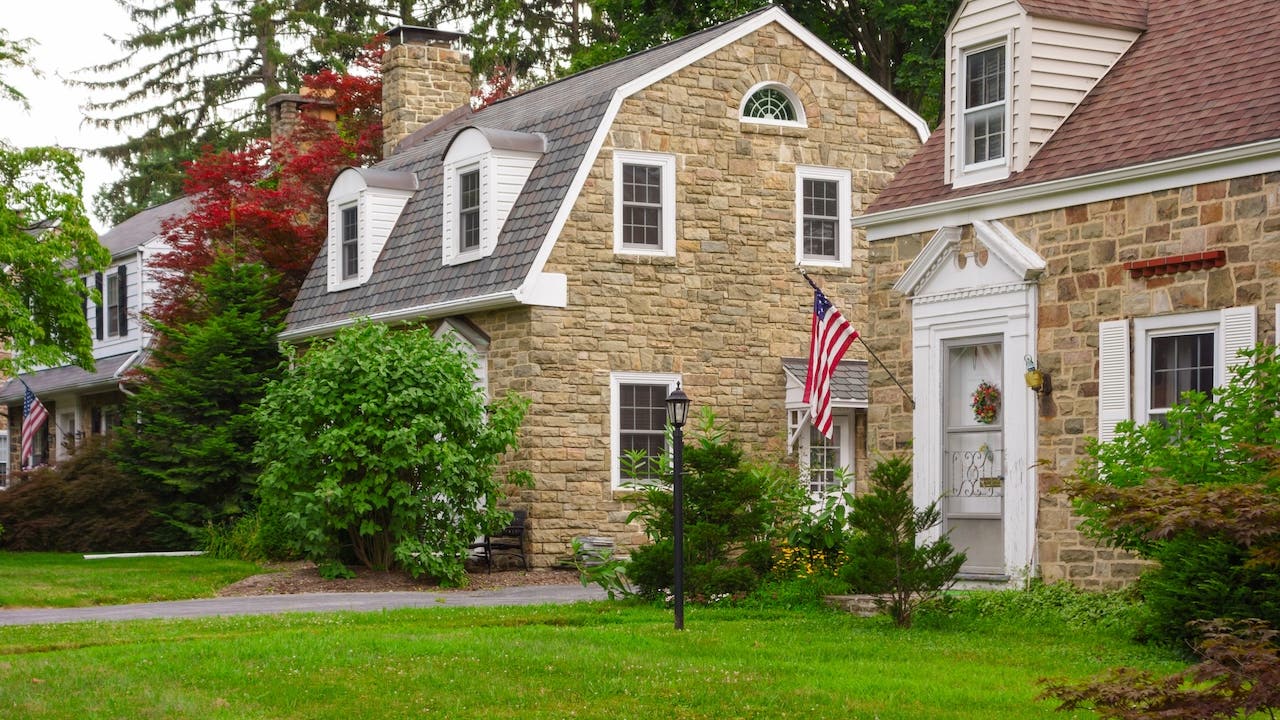How to sell a house by owner in Pennsylvania

Key takeaways
- Selling your house without a real estate agent in Pennsylvania is possible, but it can be a challenging process.
- While the state does not require you to have a real estate attorney, it's smart to hire one for a for-sale-by-owner transaction anyway.
- You’ll need to complete a seller’s disclosure form, which includes details about the property history and any past damage.
If you’re thinking about selling your house in Pennsylvania, you probably already know the downside: Transferring your keys to a new owner can cost a lot in the Keystone State. Its high rate of closing costs can add up to more than 4 percent of the home’s purchase price. While you’ll split a lot of those expenses with the buyer, they still eat into your profit potential.
With that in mind, you might be considering forgoing a real estate agent to save some money. After all, eliminating a listing agent eliminates the need to pay a listing agent’s commission fee. But there are plenty of trade-offs to consider — read on to learn about how to sell your house without a Realtor in Pennsylvania.
Selling a house without a Realtor in Pennsylvania
A for-sale-by-owner or FSBO sale, in Pennsylvania or anywhere, takes time and effort. Here are the main steps to follow:
Research your local market
The median sale price in Pennsylvania was $285,700 in April, according to Redfin data. However, Pennsylvania is a big state, and homes will cost a lot more in some places than others. Up in Erie County, for example, the median price was just $165,000, while in Bucks County, near Philadelphia, it was more than double that at $460,000.
To accurately price your home, you’ll want to spend time reviewing comps in your area specifically, to see how much similar properties nearby are fetching. Check out how long it’s taking those homes to sell, too, so that you enter the process with a realistic timeline.
List and promote your home
Once you have an idea of how much your house is worth, think about what you can do to help it actually command that full value. The adage of “a picture is worth a thousand words” rings true here: Consider hiring a professional photographer to capture the best images possible. Most house-hunters are browsing listings online, and high-quality photos can really help yours stand out.
In addition to photos, you’ll also need to write a compelling description of the home, including all the basics plus any special features it might have, like a view or a swimming pool. You can market the home yourself on social media and through word of mouth, but it can be worth paying a few hundred dollars to get your home listed on the local MLS. This stands for multiple listing service, and it’s what agents use to know what homes are available for sale — appearing there ensures your home will also appear on popular real estate sites like Zillow and Realtor.com, which aggregate MLS listings.
Negotiate and close the deal
Once you get an offer (or a few!), you’ll likely have some back-and-forth with the buyer before you finalize a purchase agreement. This process is normally handled by an agent, so if you’re going without one, make sure you’re comfortable negotiating. Getting into the thick of price haggling and reviewing contract terms can be tricky, which is why it can be very beneficial for FSBO sellers to hire a real estate attorney. A lawyer can represent your interests and make sure the details of your deal are sound.
The closing is when the deal is officially finalized, the deed is transferred and, most importantly, you get your sale proceeds. There will be a mountain of paperwork to deal with, which a lawyer can also be a big help with. With so much money at stake, you don’t want to risk making a mistake that eats into your profits (or worse).
Required disclosures for Pennsylvania home sellers
Do you know of any past water damage on the property? Are there any problems with the driveway? What is the source of the drinking water? These are all questions on the Pennsylvania seller’s property disclosure statement, which mandates that all sellers inform buyers of potential defects. If something changes between the time that you complete the form and the closing — for example, if a massive storm floods the basement — you’ll need to update the buyer. And if your property is part of a homeowners association, you’ll be required to provide HOA details too.
Pros and cons of selling a house by owner in Pennsylvania
Pros
- You save on commissions: If you don’t use a listing agent, you don’t have to pay that commission fee. A typical fee runs between 2.5 and 3 percent of the home’s sale price — on a median-priced $285,700 Pennsylvania home, 2.5 percent comes to more than $7,000.
- You make all the decisions: Agents may have methods of pricing, marketing and negotiating that you aren’t totally comfortable with. When you sell your house on your own, what you say goes.
- You don’t have to wait: Most agents juggle multiple clients at once — when you don’t use one, you don’t have to work around their schedule. You set your own timeline.
Cons
- You’ll have to do a lot of work: Selling a home requires marketing and sales skills. You’ll need to schedule and host showings for potential buyers, too, and if you’re not 100 percent confident in your knowledge, an experienced buyer’s agent may be able to run circles around you at the negotiating table.
- You may still need to pay a buyer’s agent: Selling on your own doesn’t save you from paying any commissions at all. Depending on the details of your deal, you may still have to pay your buyer’s agent’s commission fee.
- You may earn less money: You may also wind up with a smaller payday when you choose the FSBO route. According to data from the National Association of Realtors, agent-assisted listings sell for nearly $100,000 more than FSBO listings, on average.
FAQs
Why we ask for feedback Your feedback helps us improve our content and services. It takes less than a minute to complete.
Your responses are anonymous and will only be used for improving our website.






